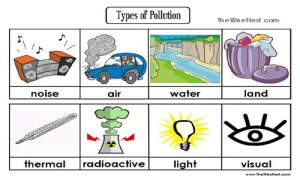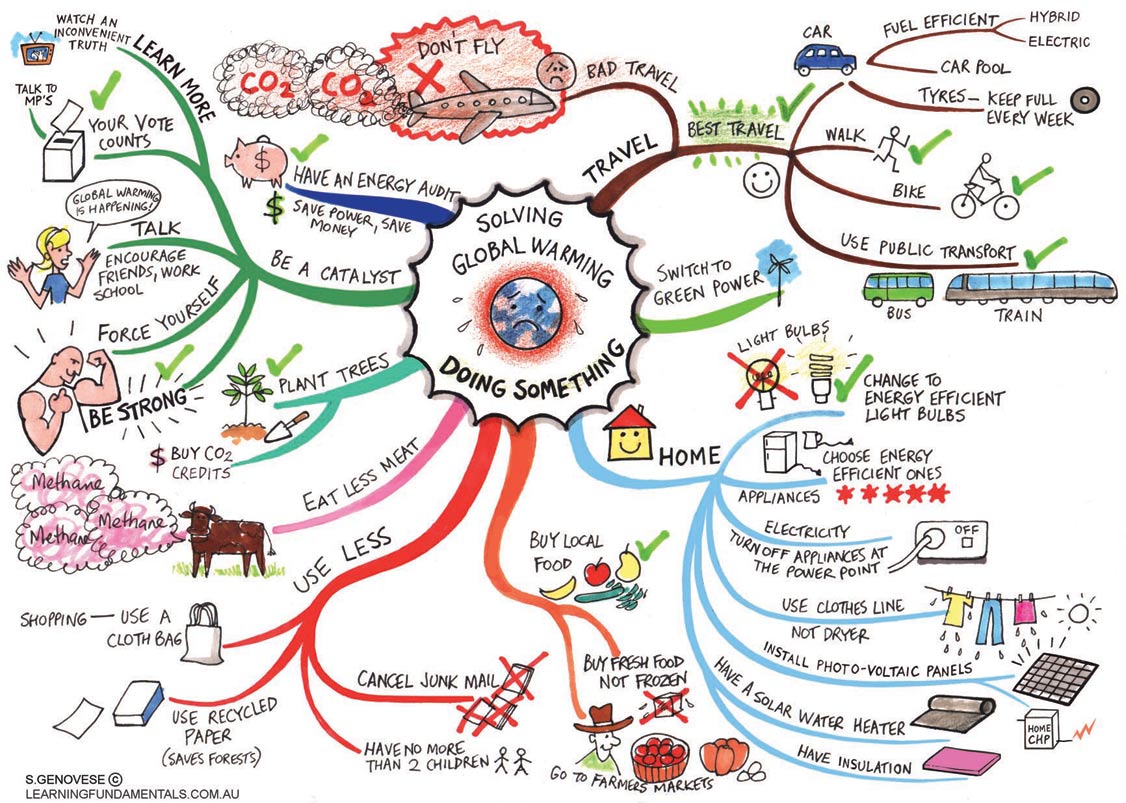viernes, 23 de marzo de 2018
lunes, 12 de marzo de 2018
2nd Intermediate - Consumer society
Watch the video and fill in the gaps
- Human beings want to be consumers with no limits
- We want TV sets as big as swimming pools
- This ambition is not supportable with the planet we’ve got
- This philosophy does not work
- The more you consume the more disatisfied you will be
- If your wellbeing means consuming, you’ll be disappointed
- Our society has confused us about how to find meaning, satisfaction, wellbeing and happiness.
viernes, 2 de marzo de 2018
2nd Intermediate - Environment: Volunteering
Watch a video about volunteering and choose the correct answer (up to minute 2.17).
1. The Green Team is based in the
a. English capital
b. Scottish capital
c. Irish capital
2. It started in
a. 1994
b. 1995
c. 1996
3. The organization works
a. in the summer
b. in the winter
c. only some months
4. The projects are managed by
a. stuff members
b. young adults
c. volunteers
5. They help
a. conserve public places
b. troubled young adults
c. recover natural spaces
6. The team leader takes care of
a. oganising specific tasks
b. the participants’ wellbeing
c. choosing the volunteers
Answers: 1b 2b 3c 4c 5a 6b
1. The Green Team is based in the
a. English capital
b. Scottish capital
c. Irish capital
2. It started in
a. 1994
b. 1995
c. 1996
3. The organization works
a. in the summer
b. in the winter
c. only some months
4. The projects are managed by
a. stuff members
b. young adults
c. volunteers
5. They help
a. conserve public places
b. troubled young adults
c. recover natural spaces
6. The team leader takes care of
a. oganising specific tasks
b. the participants’ wellbeing
c. choosing the volunteers
Answers: 1b 2b 3c 4c 5a 6b
How to reduce your carbon footprint
What's "Carbon footprint"?
Now watch the video and note down the 10 steps to reduce yours.
Step 1. Turn the thermostat up in the summer and down in the winter. Close doors and insulate windows
Step 2. Turn off and unplug electronics
Step 3. Change to compact fluorescent bulbs
Step 4. Do your laundry or run a dishwasher only with a full load
Step 5. Eat local and take a canvas tote
Step 6. Bring your own cup or mug when you buy coffee
Step 7. Cut back on bottled water, making and transporting them pollutes a lot
Step 8. Plant a tree, it produces green house gases
Step 9. Use your car less
Step 10. Car pool, use public transport, walk or bike
Answers: They are written in white. Select the text above to see them.
Now do some READING COMPREHENSION about the environment. You will find texts and questions (with the answers).
Now watch the video and note down the 10 steps to reduce yours.
Step 1. Turn the thermostat up in the summer and down in the winter. Close doors and insulate windows
Step 2. Turn off and unplug electronics
Step 3. Change to compact fluorescent bulbs
Step 4. Do your laundry or run a dishwasher only with a full load
Step 5. Eat local and take a canvas tote
Step 6. Bring your own cup or mug when you buy coffee
Step 7. Cut back on bottled water, making and transporting them pollutes a lot
Step 8. Plant a tree, it produces green house gases
Step 9. Use your car less
Step 10. Car pool, use public transport, walk or bike
Answers: They are written in white. Select the text above to see them.
Now do some READING COMPREHENSION about the environment. You will find texts and questions (with the answers).
Environment and pollution
On this page you'll find reading comprehension exercises, lists of vocabulary, quizzes and conversation questions.
Intermediate - Carbon Footprint
Watch the video and answer the following questions:
- What's the ecological footprint? It's a mesurement of everything we consume and use It's the total impact on planet Earth.
- Who/What is responsible for most of the footprint? United Arab Emirates households
- What would happen if everyone in the planet consumed as much as we do? We would need 4.5 planets
- What natural disasters may be caused by our misuse of energy? Rise of sea levels, storms, heat waves and droughts
- What can we do to minimize our impact on the planet? Consume fewer imported products (choose sustainable ones), use public transport, reduce your waste
2nd Intermediate - How wolves changed a river
A trophic cascade is an ecological phenomenon which starts at the top of the food chain and spreads to the bottom.
Watch the following video about how some wolves changed a river and answer the comprehension questions.
Answers written in white; select the text above to see them.
Watch the following video about how some wolves changed a river and answer the comprehension questions.
- When were wolves reintroduced? In 1995
- How long have the wolves been absent? For 70 years
- How did the deer react when the wolves were reintroduced? They changed their behaviour avoiding some places which began to regenerate
- What happened to some trees? Their height tripled
- Which animals appeared when more trees had grown? The birds started moving in
- Name three types of animals that live in the dams built by beavers: ducks, fish, reptiles, amphibians
- Why did the number of rabbits and mice rise? Because the wolves killed coyotes
- Name one of the reasons why the population of bears rose: there were more berries
- Why did rivers have more fixed courses? Because of the regeneration of the forests
Answers written in white; select the text above to see them.
2nd Intermediate - Slow down
Watch this video about a town in Turkey and choose the correct option for the questions below:
1. Seferihisar
a. is bigger than its neighbor
b. has 30000 inhabitants
c. is a slow city
2. The mayor says people want
a. to develop the economy
b. to move to his town
c. to escape from pollution and traffic jams
3. The town has to
a. reduce its carbon emissions
b. open new hotels
c. buy organic food
4. The project aims at
a. attracting tourists
b. attracting big businesses
c. protecting the environment
5. The hotel
a. is run by the members of one family
b. has 20 rooms
c. employs 12 people
6. The owner of the hotel says they
a. will have to make more rooms
b. want to have more tourists
c. don’t want their town to become like other towns
7. Solar panels
a. are on demand
b. are not a good choice
c. are used in every building for heating and electricity
8. The mayor
a. is trying to convince local people
b. will create a shopping street
c. has 2 years to make all the changes
Answers: 1b, 2c, 3a, 4c, 5a, 6c, 7a, 8a
Would you like to live in a place like this?
1. Seferihisar
a. is bigger than its neighbor
b. has 30000 inhabitants
c. is a slow city
2. The mayor says people want
a. to develop the economy
b. to move to his town
c. to escape from pollution and traffic jams
3. The town has to
a. reduce its carbon emissions
b. open new hotels
c. buy organic food
4. The project aims at
a. attracting tourists
b. attracting big businesses
c. protecting the environment
5. The hotel
a. is run by the members of one family
b. has 20 rooms
c. employs 12 people
6. The owner of the hotel says they
a. will have to make more rooms
b. want to have more tourists
c. don’t want their town to become like other towns
7. Solar panels
a. are on demand
b. are not a good choice
c. are used in every building for heating and electricity
8. The mayor
a. is trying to convince local people
b. will create a shopping street
c. has 2 years to make all the changes
Answers: 1b, 2c, 3a, 4c, 5a, 6c, 7a, 8a
Would you like to live in a place like this?
Suscribirse a:
Comentarios (Atom)
.jpg)

